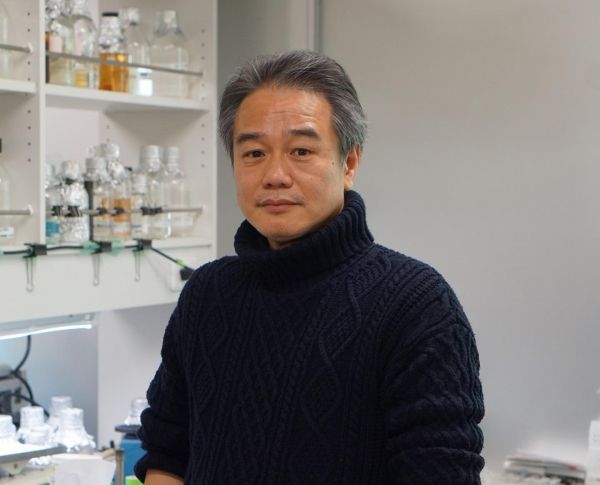Under severe environmental stresses such as high temperature, dryness and high salination, cells survive by responding appropriately through elaborate mechanisms, according to new cell biology research from the Laboratory of Molecular Genetics at The Institute of Medical Science, the University of Tokyo. The results are expected to be useful for conferring environmental stress resistance to animals and plants to survive in severe environmental conditions caused by global warming, and also for developing methods of treating human diseases such as cancer and autoimmune diseases caused by dysregulation of the stress response machinery. Their recent research has been published in THE EMBO JOURNAL.
This research was conducted by Associate Professor Kazuo Tatebayashi at the University of Tokyo, in collaboration with Drs. Taichiro Tomida and Satomi Adachi-Akahane at Toho University, and Dr. Yuji Tokunaga of the National Institute of Advanced Industrial Science and Technology (AIST).
Lead scientist Kazuo Tatebayashi said "Organisms live while adapting to various environmental stresses. Our discovery is a breakthrough that clarified the mechanism of how cell sensors recognize danger and respond appropriately at the molecular level using budding yeast (*1). "
Read more at The Institute of Medical Science, the University of Tokyo
Image: Lead researcher, Associate Professor Kazuo Tatebayashi of The University of Tokyo. (Credit: © 2020 IMSUT, The University of Tokyo CC-BY)


